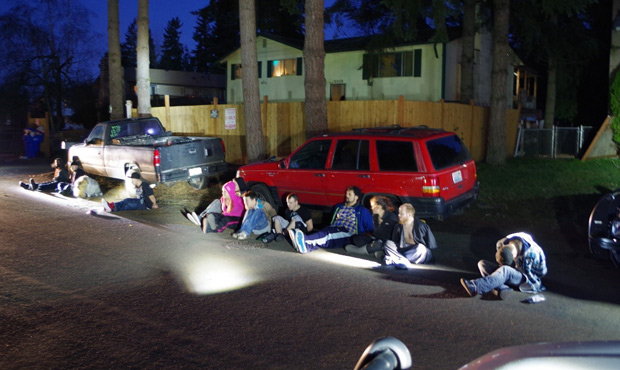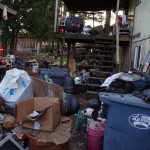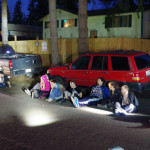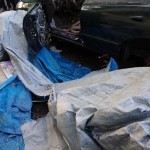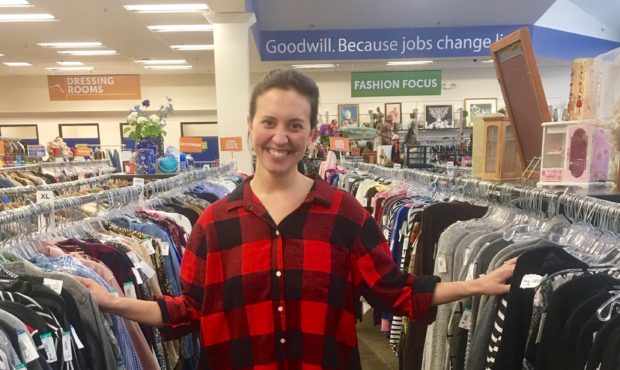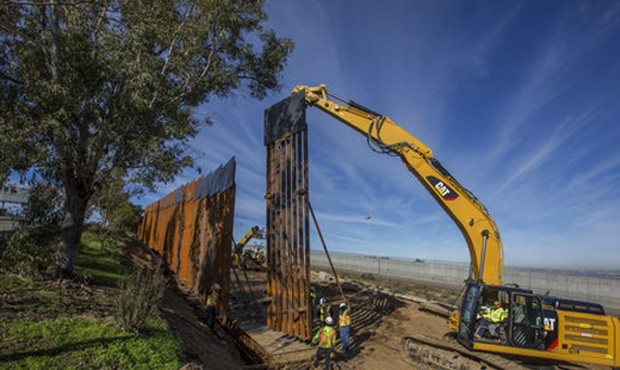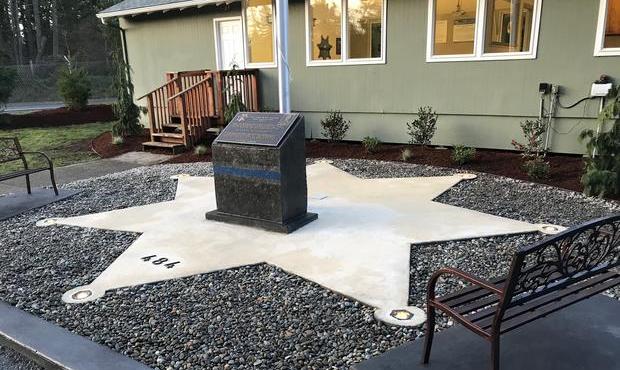Pierce County prosecutor: Some drug houses not ‘worth’ seizing
Feb 13, 2017, 5:30 AM | Updated: 8:48 am
It isn’t a simple task to shut down a drug house, no matter how big a nuisance or health hazard it is to the community at-large. That’s true around Seattle, as well as throughout the state. Just ask Pierce County Prosecutor Mark Lindquist, who explained to “Ron and Don” some of the red tape behind a recent raid of a drug den known as “The Trap House” that netted 22 people in Parkland.
Related: WA prosecutor not surprised by ruling on travel ban
On Feb. 2, Pierce County deputies removed 22 people from the three-bedroom complex that has been a thorn in the department’s side for some time. According to a Pierce County Sheriff’s Facebook post, six people were booked for warrants, one was arrested for obstruction for giving a false name and the house’s main resident was booked for “Unlawful Use of Building for Drug Purpose.” Three dogs in the residence were impounded by animal control.
The sheriff’s office says there have been at least 103 calls for service at that location over the last three years. They found the 2,100-square-foot home littered with uncapped syringes, heroin paraphernalia, and dog feces. In September of 2016, four arrests were made from the residence that was then occupied by 26 people. In December, eight arrests were made among the 22 people then residing at the home.
Lindquist said that a “trap house” is slang for houses filled with large groups of people living in/consuming/dealing drugs. And, he said they are seen around Pierce County “with, unfortunately, some frequency.”
“These drug houses are extremely toxic to a neighborhood, both literally and figuratively, and we want to close them down for the good of the neighborhood, but that can be more challenging than you might expect,” he said.
Lindquist said law enforcement have a couple remedies at its disposal for these instances. The first is to seize the house — if police can prove that it’s being used for the manufacture or the dealing of drugs.
“Just the use of drugs is not sufficient for seizure of the house, but if law enforcement can show that the house is being used to manufacture or sell drugs, then the house can be seized,” he said. “Some of these houses, however, are not worth seizing. It’s actually a loss to the county to seize the house because they have liens and loans, and there’s actually more money outstanding on the house than the house is worth. But that’s one possible remedy: Seizure of the house. It’s a long, protracted process.”
Another remedy, Lindquist said, is for the health department to condemn a house if it’s a sufficient health hazard and determined to be uninhabitable. That too can be a “fairly arduous” process, he said.
Both of these solutions can be complicated by landlord-tenant law, he said.
“Tenants cannot be removed without an eviction notice,” he said. “And, like the seizure of a house and like the condemnation of a house, that can be a long, arduous process.”
Drug houses in Seattle and Pierce County
Seattle is certainly not immune to these types of issues, either, having had its own problems with squatters for years. Mayor Ed Murray has proposed that the wait time for permits be shortened for developers demolishing old buildings that are being turned into rental units, and to eliminate the waiting time altogether for single family housing. On a related note, there have also been signs of late to indicate the city is taking steps forward on its homeless plan.
In addition, the city has moved forward on the implementation of a pair of safe-injection sites, where addicts can consume drugs under medical supervision. The idea is modeled after the sites in Vancouver, B.C., which have received some criticism.
Whichever ways Seattle ultimately moves forward, Lindquist said Pierce County’s goal is to blend accountability and compassion, providing drug and mental health services to those who need them, while holding accountable those who are using these flop houses as a hideout.
“We see all that in Pierce County and you’ve got to approach it from both sides,” he said. “You’ve got to have the accountability but you’ve also got to have the compassion where you provide services to those that need and who will accept it.”

